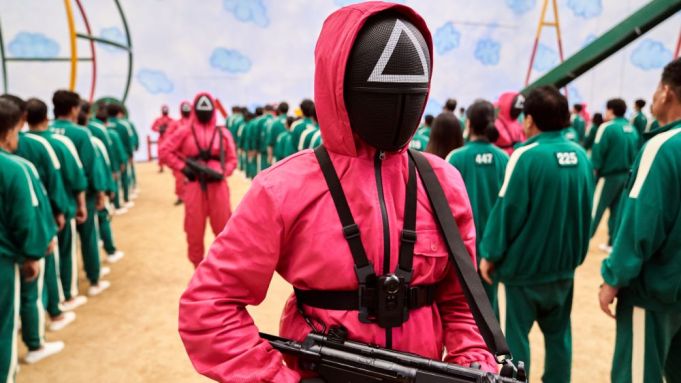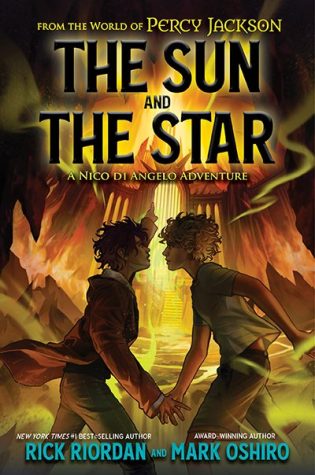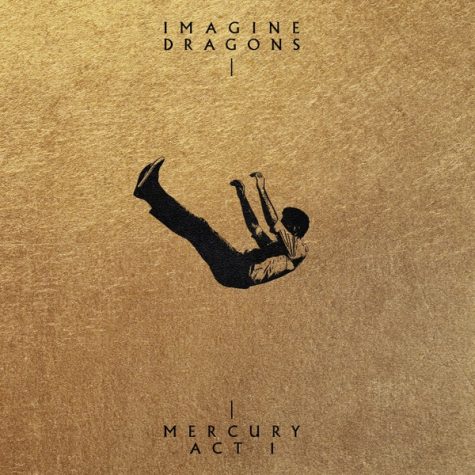Squid Game: Netflix’s Bloodiest Binge
Squid Game. An inconspicuous title for a show that is anything but. In fact, this South Korean series has reigned over the Netflix Top 10 since its arrival on the platform and has dominated mass media for almost a month now. It has been trending on TikTok, Twitter, and many other social media platforms as well as major news sites—people just cannot seem to be able to stop talking about it. A candy-colored menagerie of morally-grey protagonists, scarlet-wrapped shooters, and clad-in-black mystery men, Squid Game is something the world has never seen. From its eerie soundtrack,graphic sequences, and foreboding conspiracies, this show is truly an example of how television can leave an impression on its viewers.
The series opens with its protagonist, Gi-Hun, deep in debt. He is evading rent, loan sharks, and alimony checks, all the while hoping to earn a place in his daughter’s life. One day, he is approached by a strange man at a train station who is peddling free money in exchange for playing a children’s game. He offers Gi-Hun a chance to play more games for bigger prizes, and he, and 455 other people, accept the offer. Before they know it, the players are taken to a secret location where they play large-scale kids’ games with high stakes. Each player who loses a challenge is eliminated, and for each player that is eliminated, 100,000 won (roughly 84,000 USD) is added to the prize money.
Squid Game boasts many virtues, but what has probably grabbed more viewers than anything else is its unapologetically brutal nature. As one of the most graphic mainstream shows Netflix has given its subscribers in recent years, the practical effects and production design employed by Director Hwang Dong-hyuk and Art Director Chae Kyoung-sun were incredibly important in nailing down the correct vibe for the show. The show contrasts decorative and childlike settings with bloodied corpses and other stomach-churning imagery. Squid Game relied minimally on digital magic to get these images and instead used intricately constructed sets and practical effects from the realistic blood splatters to the genuine honeycombe. This carefully curated production has resulted in the incredibly jarring nature of these deadly schoolyard games.
The writers also managed to produce a delicately crafted web of characters that developed the underlying story behind the games. Not only was there the complex protagonist, Gi-Hun, but also a complete set of interesting and well-flawed supporting characters like Sang-Woo, Sae-Byeok, Il-Nam, and Joon-Ho among others. This show had players, game managers, and outside forces all with their own agendas and subplots. Almost none of the characters are objectively good or bad, and the “what would you do?” questions posed by their individual arcs leave a lot for the viewer to think about. None seem to have an easy answer, adding to an equally gripping post-viewing experience. These are, after all, the best kind of questions to have viewers pondering. Besides, these are the questions that produce outrageous and heartbreaking sequences between those characters.
The show’s atmosphere is further developed by a soundtrack with an equally juxtaposing and sadistic nature to the rest of the production design. It combines eerie original scores with preexisting classical and jazz tracks like “An Der Schönen Blauen Donau” and “Fly Me To The Moon.” Using these recognizable tunes—songs that are generally associated with peaceful imagery—to enhance scenes of gore and mortal fear helps to create the unsettling mood of the series.
Squid Game was not, however, without its faults. The finale was disappointing compared to the rest of the season, letting down many of its viewers. Not only was it reminiscent of other horror endings, but it seemed contrived and forced. It took away some of the emotional weight of previous scenes in the show, and did not add much to the adventure that is watching this show. It is hard to tell if it came out like this because it was trying to answer as many questions as it possibly could or if it had other goals. Maybe it was trying to set up a second season, but the continuation of the series has yet to be confirmed.
Despite its dud of a finale, Squid Game has a lot to offer the viewer. It is narratively compelling, visually interesting, and mentally stimulating. It deserves all of the praise it has received, and deserves the criticism its finale has garnered. Having a flawed finale, however, is unfortunately not unusual for otherwise fantastic shows. Squid Game is a Netflix binge with a side of adrenaline that rightfully has the world buzzing. Unlike anything else on Netflix’s digital shelves, this series deserves its place on the public’s mind.






